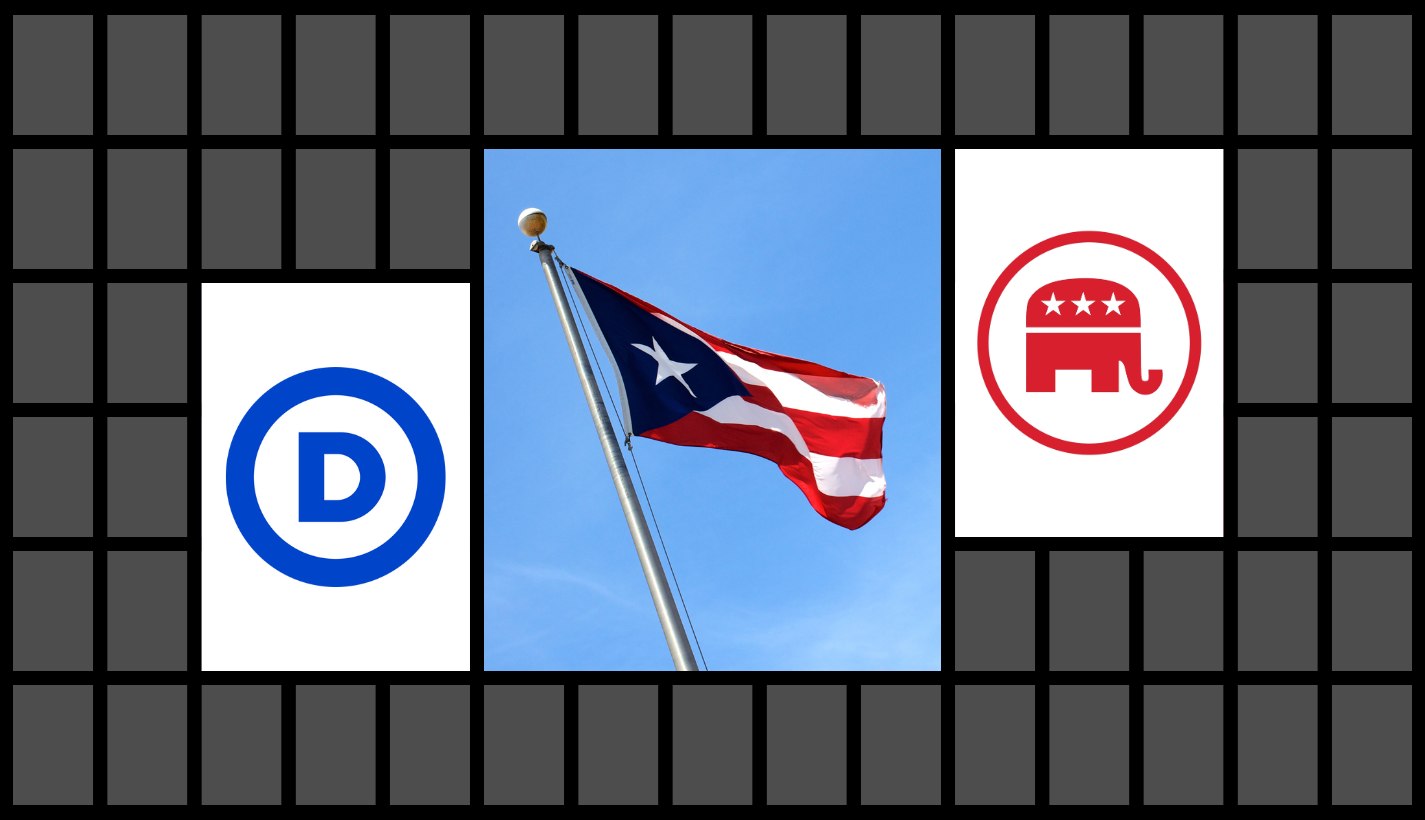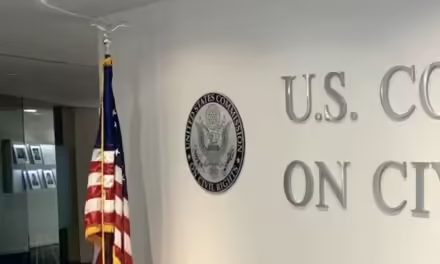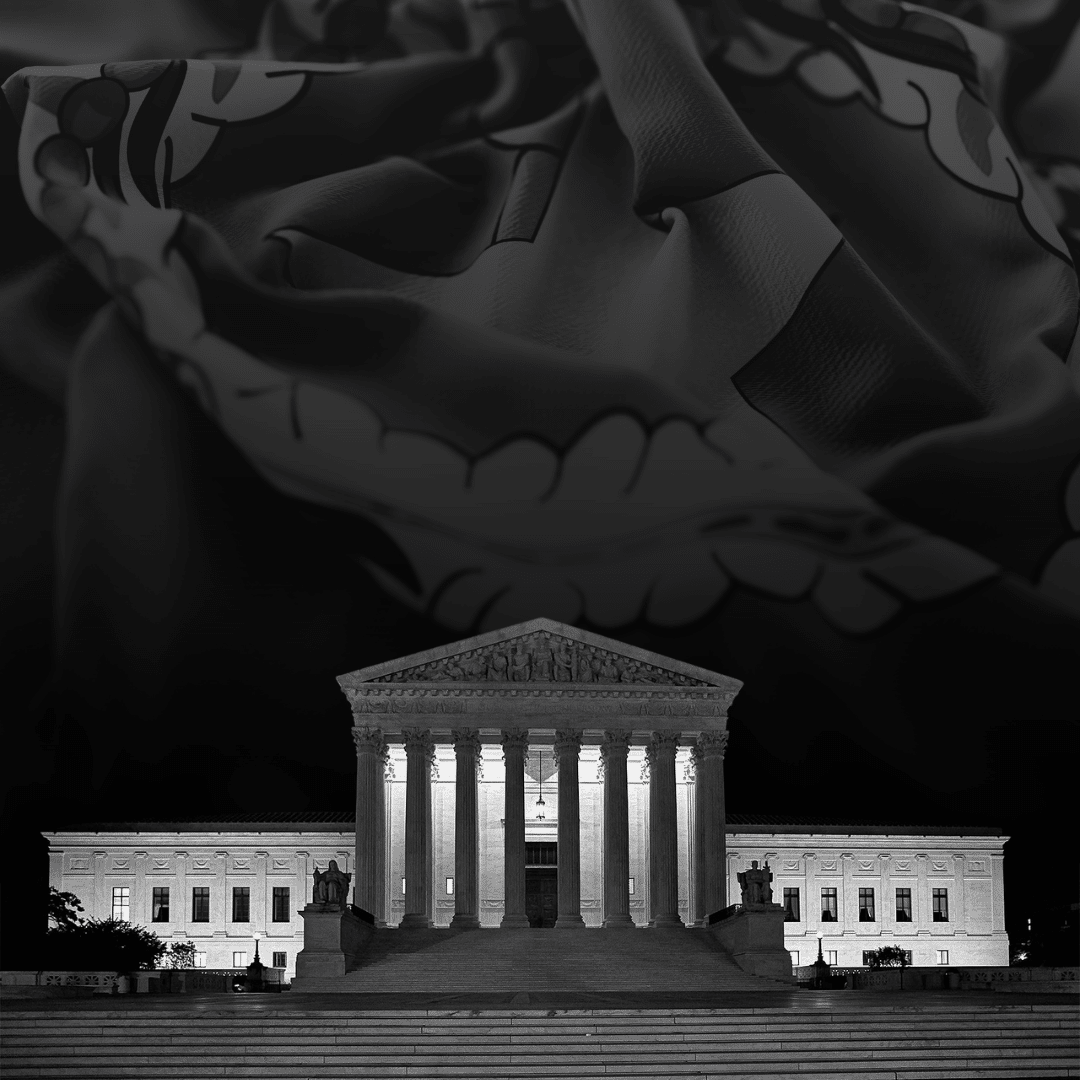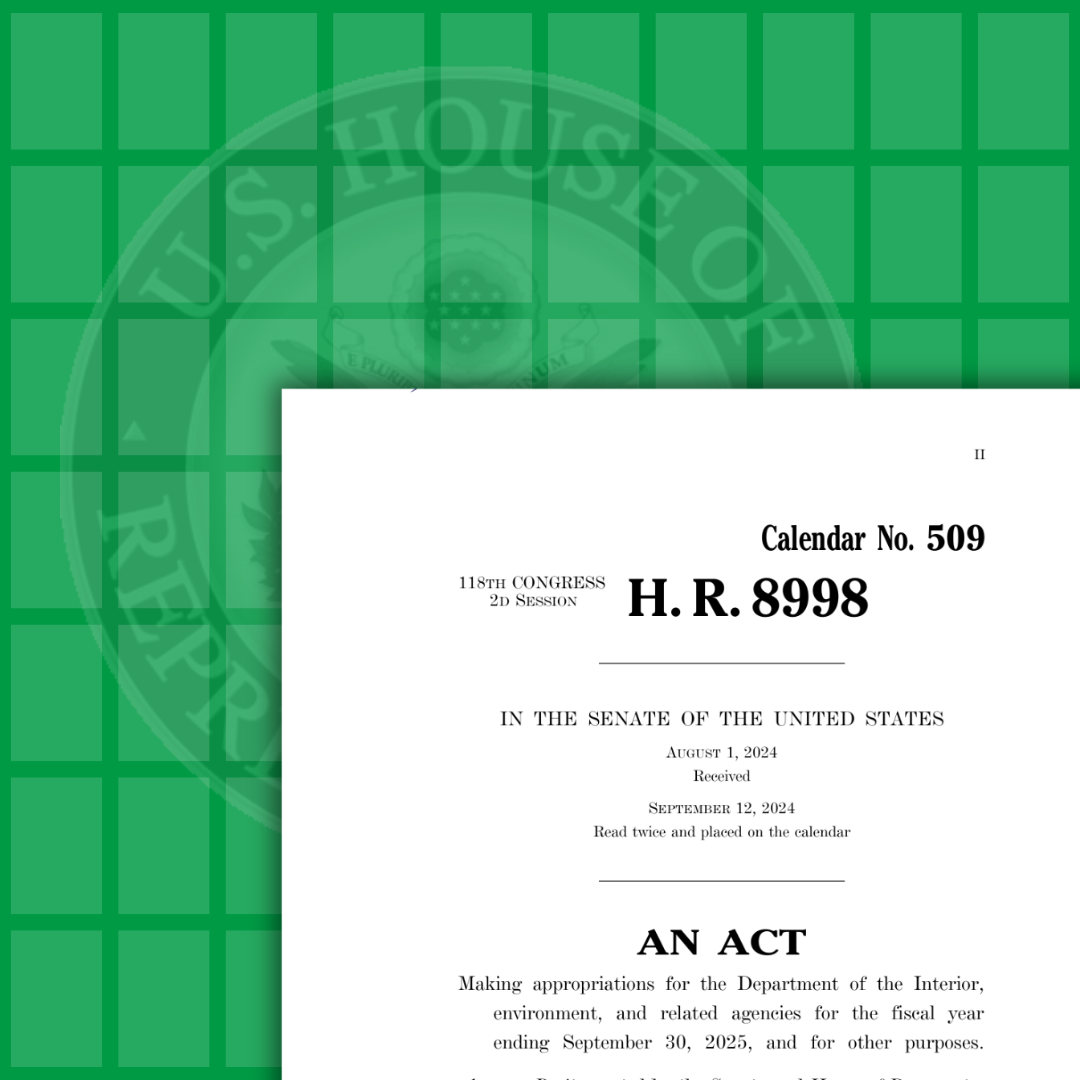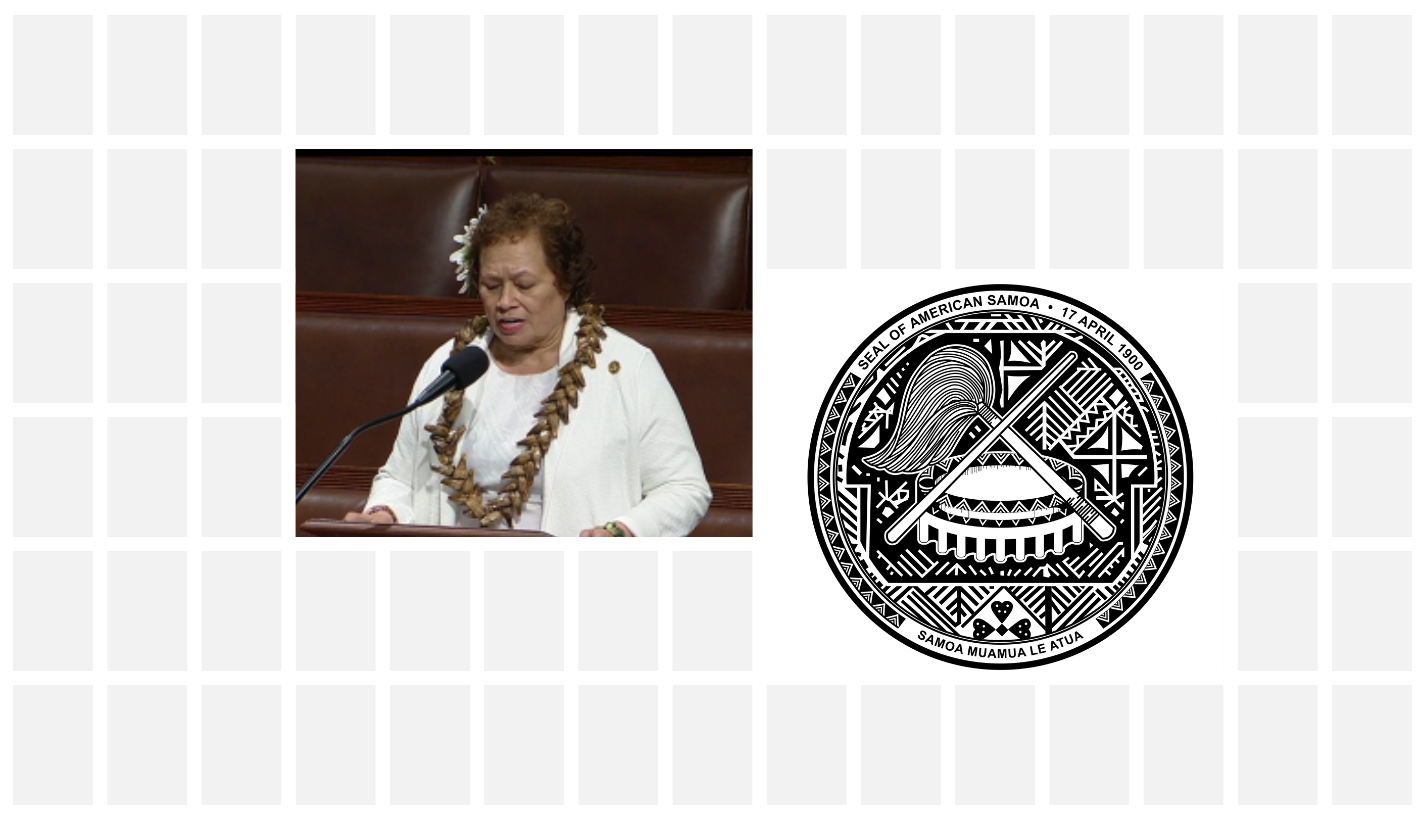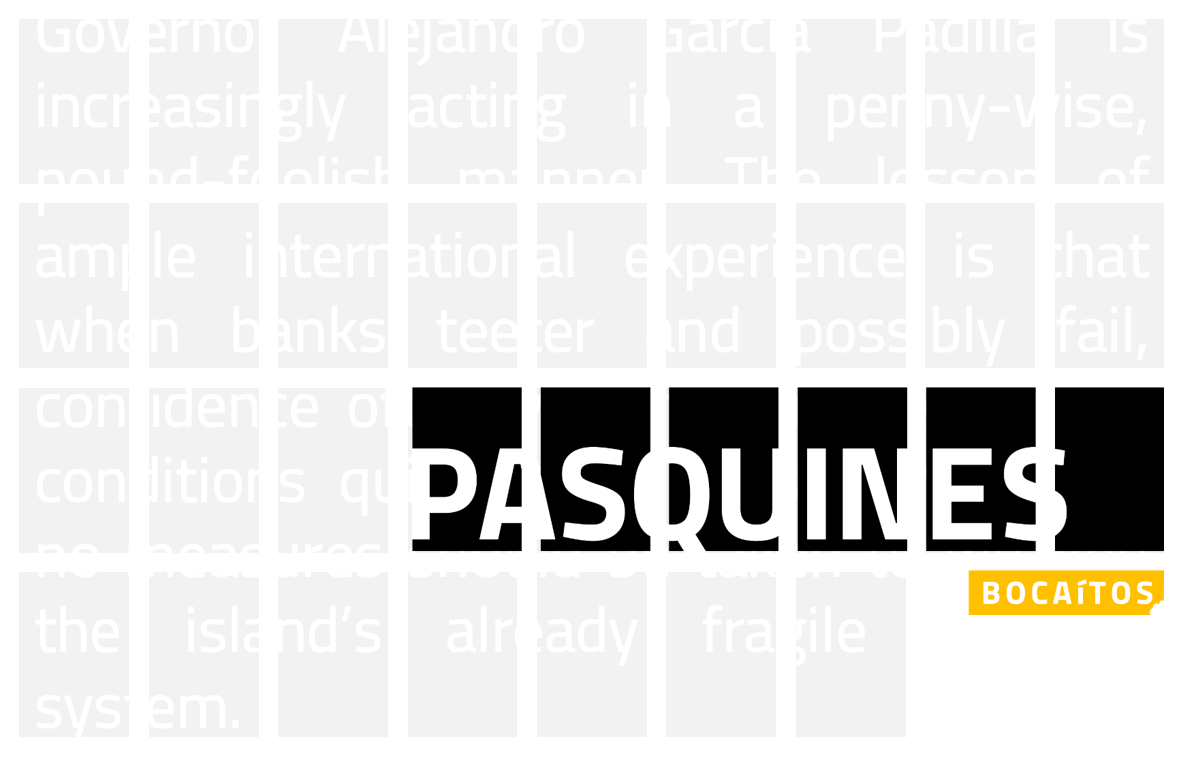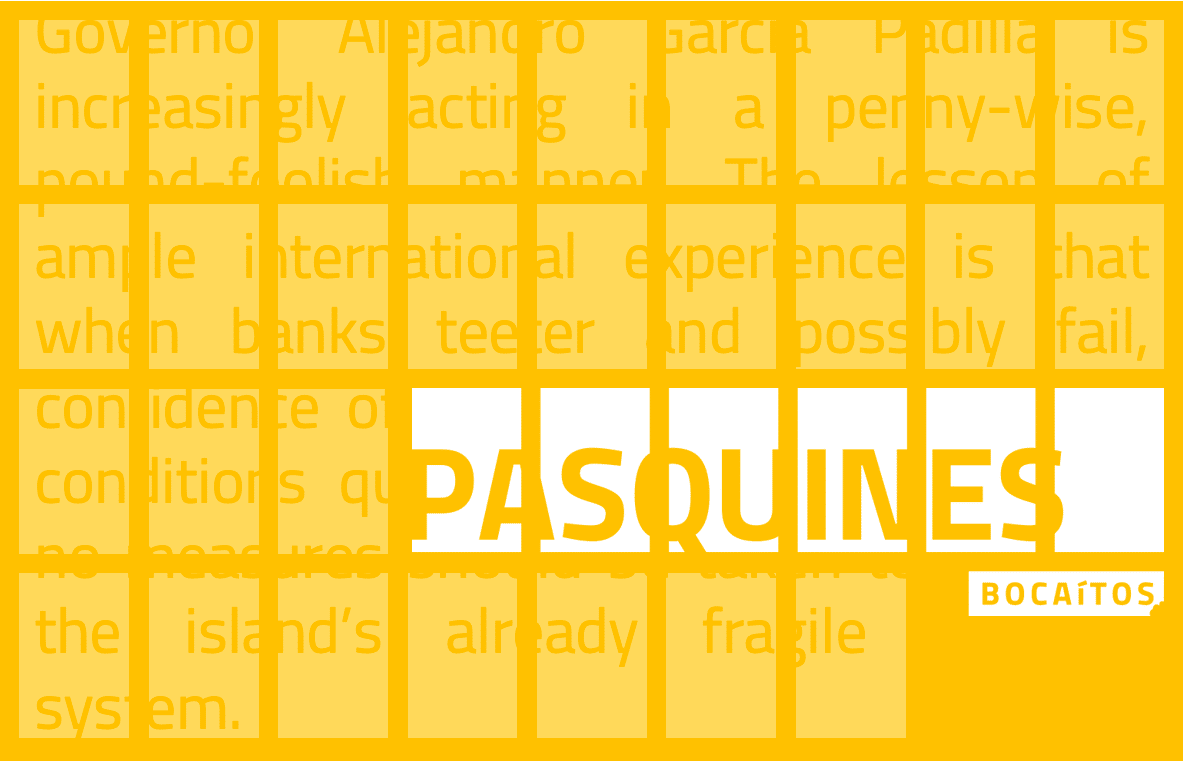We stumbled upon this article from 1998, which describes a pre-crisis Puerto Rico, facing a rapidly decelerating economy, explaining the circumstances of the demise of section 936.
Section 936 came under scrutiny in the early 1990s because of congressional concern with a balanced budget. The discovery that the Treasury was forgoing up to $4 billion a year in taxes led to a decision to phase it out in the next few years. The end of the subsidy to the Gucci-clad crowd put statehood on the docket.
When a young Chilean economist named Fernando Lefort studied Puerto Rico’s convergence with the U.S.–or lack thereof–for his doctoral thesis at Harvard University a few years ago, he found it was the lack of clear-cut political integration, more than any other single factor, that was holding back Puerto Rico.
So basically, after 17 years the discussions are still the same.

